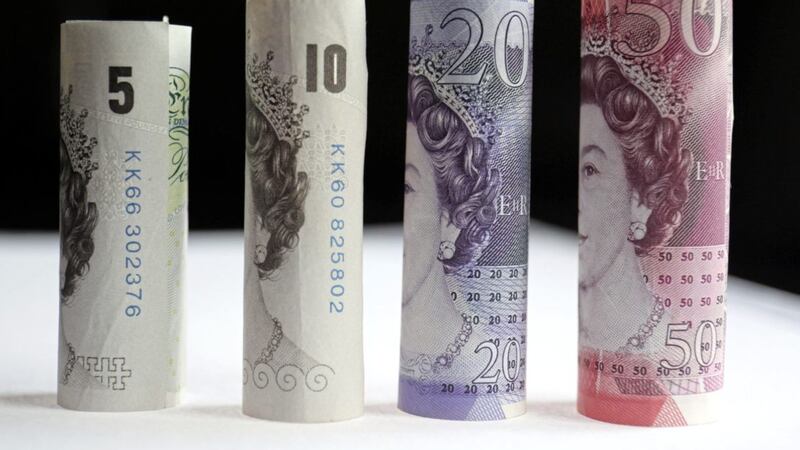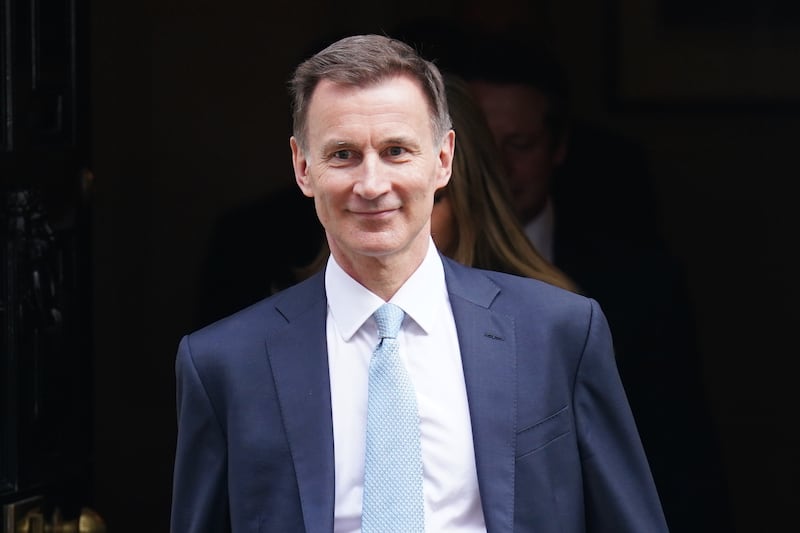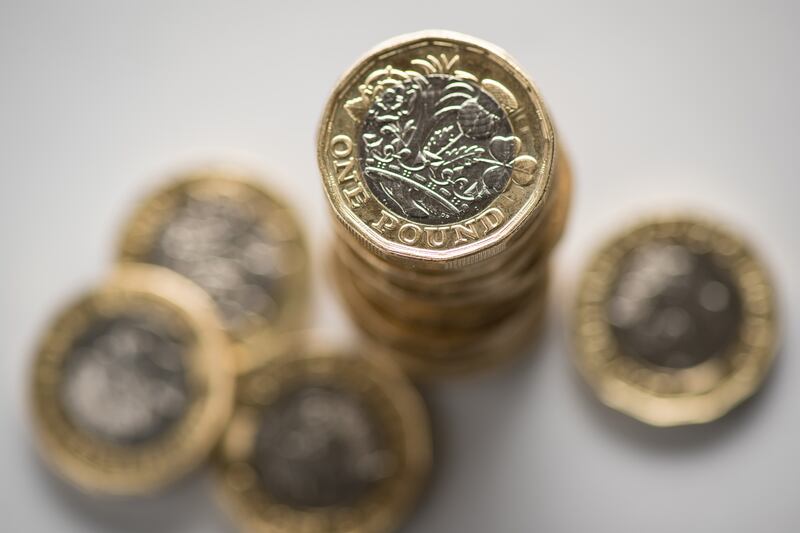THE UK's economic growth during the third quarter was confirmed at 0.6 per cent on Friday, but business investment is crumbling as firms are spooked by Brexit.
In its latest estimate of gross domestic product (GDP), the Office for National Statistics said that growth was in line with earlier readings and consistent with economists' estimates.
Growth was primarily driven by strong retail sales during the World Cup and a recovery in construction in July following the Beast from the East earlier in the year.
But business investment fell by 1.1 per cent for the third quarter in a row, the first time this has happened since the financial crisis, the ONS said.
Howard Archer, chief economic advisor to the EY Item Club, said: "This strongly suggests businesses were cautious over investment as doubts mounted as to whether a Brexit transition arrangement would come into being next March and companies looked for greater clarity over the UK's likely long-term relationship with the EU."
The dire figures come a day after the Bank of England said "intensified" Brexit uncertainties were slamming the brakes on UK growth.
The Bank said no-deal Brexit fears had "intensified considerably" since its last meeting and these were hitting financial markets, bank funding costs and the pound, as well as the wider economy.
ONS data also show that consumer spending grew 0.5 per cent in the quarter, but this was fuelled by borrowing as the household savings ratio deteriorated to a historically low 3.8 per cent in the period.
"Households continued to spend more than they received, for an unprecedented eight quarters in a row," said the ONS' Rob Kent-Smith.
Data from the ONS also shows that public sector net borrowing in November was £7.2 billion, £900 million less than in the same month in 2017.
This was the lowest November borrowing for 14 years.
Borrowing in the current financial year to date stands at £32.8 billion, which is £13.6 billion less than in the same period in 2017 and the lowest year-to-date figure since 2002.
Britain's current account deficit widened by £6.6 billion to £26.5 billion in the quarter, the largest for two years.
Mr Archer added: "The further, marked rise in the current account deficit is disappointing as an elevated shortfall is a potential source of vulnerability for the UK economy - particularly if there was any major loss of investor confidence in the UK for any reason such as Brexit concerns."
Meanwhile UK private sector activity was stable in the quarter to December, according to the latest CBI Growth Indicator.
The composite measure – based on 609 respondents across the distribution, manufacturing and service sectors – showed the balance of firms reporting a rise in output at +3 per cent, broadly unchanged from +2 per cent in the three months to November.
Rain Newton-Smith, CBI chief economist, said: “Private sector growth appears to have tailed off towards the end of 2018 and is now pointing to a slowdown in the fourth quarter, following a stronger weather-buoyed showing earlier in the year.
“The spectre of a no deal Brexit continues to loom large and businesses are staying extra vigilant. With less than 100 days left before the UK leaves the EU, it’s time for no deal to be taken off the table once and for all.
"Firms are desperate for that reassurance to continue investing and supporting job creation across all sectors of the economy.”







